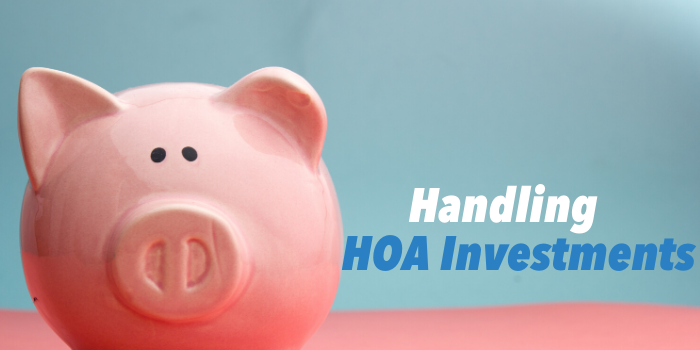HOA board members must always act in the best interest of the community, especially when it comes to deciding whether to invest association funds. It’s a decision that shouldn’t be taken lightly and must be made with thoughtful consideration to potential risks and rewards.
Reserve Funds
HOAs use reserve funds to pay for emergency repairs to community property or other large-scale projects or upgrades. It’s important that the association maintains enough money in the fund to cover potential expenses without requiring special assessments from community members.
Potential Gains
Long-term investment plans may seem very appealing to the board, as they offer the association high yields for their investment. But the risk involved is too high to make the potential gains worth it. Plus, most investment plans incur severe penalties for withdrawing funds early, which is likely in the event that the board needs to use the reserve funds for the association.
There’s no use having a reserve fund if the money in it is locked into an investment and the board has little to no flexibility in using it.
Should We Invest?
For high-risk, long-term investments, the short answer is no. Even with their high yield offers, long-term investment plans are not in the best interest of your HOA.
Remember, it’s not just your money; the money belongs to the homeowners, and as a board member it is your fiduciary duty to manage it wisely. Safety should take priority over liquidity, and even without long-term investments, there are still ways to make a return with far less risk.
When it comes to HOA money management, careful planning is key. Your HOA management firm can provide valuable assistance in helping the board review reserve studies and plan for future capital expenses in a manner that minimizes risk and provides the most flexibility in using association funds.







